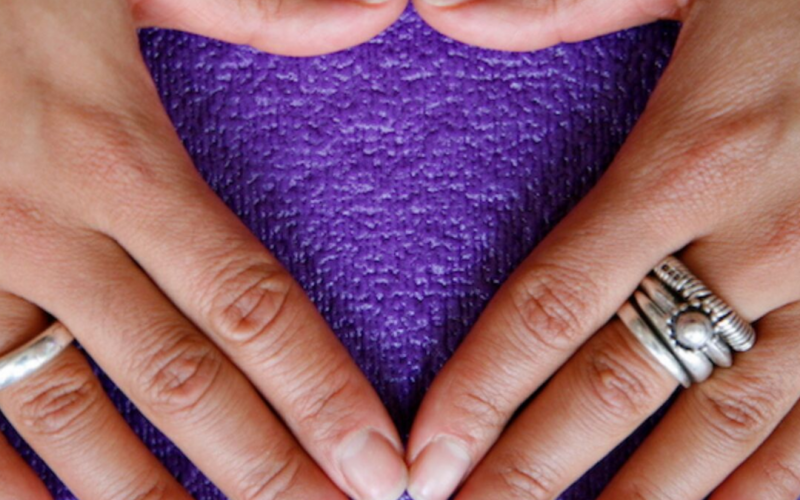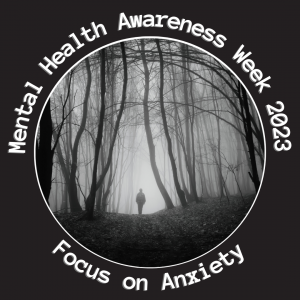Ultimately, effective stress management requires and multidisciplinary approach especially for long term situations. The physical effects need to be addressed to allow for the lifestyle changes to make a difference.
Treatment and support that work on the muscles, range of motion and breathing will help with the bonus of aiding the digestive system and absorption of nutrients. In just a few treatment sessions most people notice a difference and can start a plan for a healthier lifestyle
How Osteopathy can help
As an osteopath, pilates teacher and somatic movement coach I see a large number of patients with joint and muscles symptoms, a significant number for whom stress is a major contributing factor. Feeling fatigued or stressed goes hand in hand with aches and pains. One of the basic tenets of osteopathy is that the mind and body are interdependent. The stress response is a superb example of the direct effect of our emotions on our body. Fortunately, it can work the other way too; feeling comfortable in one’s body, with the ability to breathe easily, feeling well rested and energised has a powerful effect on one’s ability to cope.
Osteopathy can help the body to heal and regulate itself by removing barriers to recovery and encouraging a rebalancing of the internal environment. The body is always trying to self-correct and reach a balance (homoeostasis). Osteopaths are skilled in releasing muscle tension not only to relax the affected tissues but to support the body to continue the process of self-correction after the treatment session. Using a variety of techniques, manipulation, soft tissue techniques (massage), and the more subtle treatments known as cranial, which involve gentle touch away from a patient’s head.
In my clinical experience, the diaphragm is a crucial muscle when it comes to any stress or anxiety response. It is common that the diaphragm becomes tight at its attachments around the lower ribs and onto the front of the lumbar spine. Techniques which encourage joint mobility working on the areas of the spine, along with attention where the autonomic nervous system emerges.
Osteopaths can promote a rebalancing between the sympathetic and parasympathetic components, which is usually very calming, many patients report feeling relaxed and sometimes snooze during treatment. We can also work more directly on the symptomatic areas using a range of techniques to help reduce muscle tension, soreness, and restrictions within the digestive. Osteopathy can help the body to relax by using therapeutic touch itself, which can help patients cope by reducing the physical symptom part of the cycle. Patients often report having a better night’s sleep after treatment, along with gaining a sense control having taken action to improve their wellbeing.
Please note: This is for guidance only, it should not be considered a substitute for medical advice, diagnosis or treatment given in person by an appropriately trained health professional.







